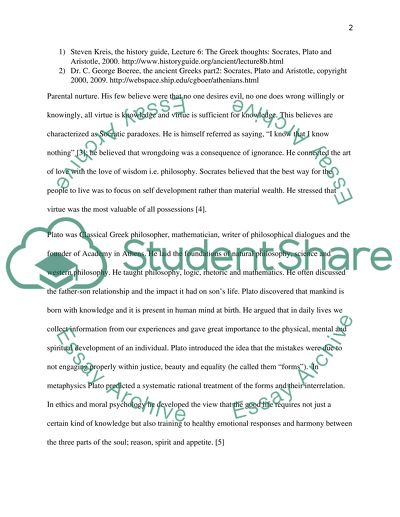Cite this document
(“Western civilization. Ideas of Socrates, Plato, and Aristotle Essay”, n.d.)
Western civilization. Ideas of Socrates, Plato, and Aristotle Essay. Retrieved from https://studentshare.org/philosophy/1532126-western-civilization-ideas-of-socrates-plato-and-aristotle
Western civilization. Ideas of Socrates, Plato, and Aristotle Essay. Retrieved from https://studentshare.org/philosophy/1532126-western-civilization-ideas-of-socrates-plato-and-aristotle
(Western Civilization. Ideas of Socrates, Plato, and Aristotle Essay)
Western Civilization. Ideas of Socrates, Plato, and Aristotle Essay. https://studentshare.org/philosophy/1532126-western-civilization-ideas-of-socrates-plato-and-aristotle.
Western Civilization. Ideas of Socrates, Plato, and Aristotle Essay. https://studentshare.org/philosophy/1532126-western-civilization-ideas-of-socrates-plato-and-aristotle.
“Western Civilization. Ideas of Socrates, Plato, and Aristotle Essay”, n.d. https://studentshare.org/philosophy/1532126-western-civilization-ideas-of-socrates-plato-and-aristotle.


